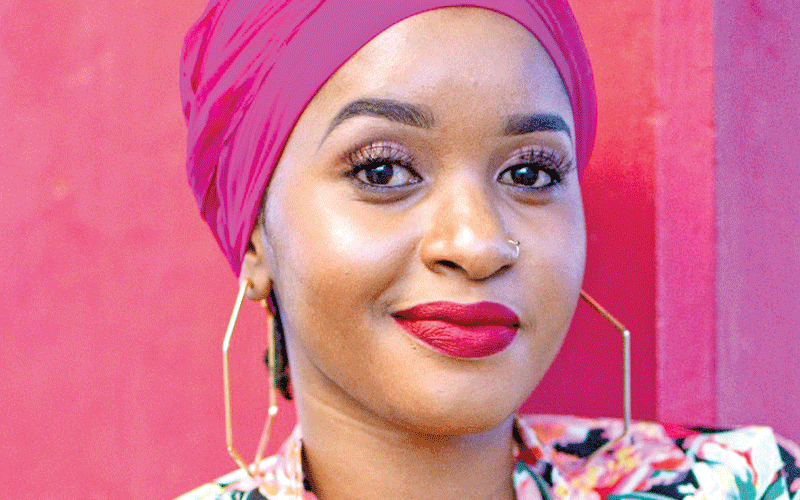One on one with Mariam Muema, a freelance make-up artist
By Manuel Ntoyai, October 30, 2019MARIAM MUEMA is a freelance make-up artist in love with making ladies faces beautiful, she lends her time to raising awareness on cancer causing toxins in cosmetic products. She offers free make-up for cancer patients at Faraja Cancer Centre. She tells MANUEL NTOYAI about it
Why did you choose this profession?
I decided to be a make-up artist over economist and Chinese translator because I’ve always had a passion for beauty and fashion. In campus, I used to make up my friends’ faces for free and I really enjoyed it. Upon completion and after working with a few Chinese companies, I dropped everything and ventured full time into make-up.
Self taught or professionally trained?
I learnt the skill by myself, but sought professional training from make-up guru, Steve Kobi, who trained me to be a make up service provider.
Tell me about your experience as a make-up artist?
It has been amazing, from working with local artists, major brand influencers, local brands, adverts and artistes from other countries such as Aslay from Tanzania .
What are some mistakes people make when applying make-up?
Using wrong shades of foundation and excessive use of coloured products.
How do you respond when a client is not happy with their look?
Many clients who aren’t satisfied with the outcome often suffer from self-esteem issues brought by societal expectations. However, I always try to make them feel comfortable in their skin. Make-up is all about beauty enhancement, so I always insist on bringing out their natural beauty through my work.
What is beauty for you?
Beauty is when one is comfortable in their own skin and body, but once in a while enhanced beauty through make-up is a good feeling.
What is your favourite celebrity make-up look and why?
I love Alicia Keys’ make-up because she emphasises on a look that is close to a person’s natural beauty.
What challenges do make-up artists face?
The market is flooded with unprofessional make-up artists who tend to charge unreasonable fees, consequently bringing in conflicts with clients. In many cases, clients have a hard time distinguishing between a professional and a quack.
You have a great initiative at Faraja Cancer Centre. Please tell us more about it.
October is breast cancer awareness month, and we started an initiative to offer make overs, gifts, head wraps and wigs to cancer patients. Most women give up on themselves; they don’t feel beautiful anymore after chemotherapy. My project hopes to make the patients smile, and I can proudly say they felt the love, care and support. I began the project with the help of my friends and family and prioritised women because losing hair can be such a big thing as it’s tied in with your image and identity. You go from having hair to having nothing at all, not even on your eyebrows or lashes, so it really affects women’s esteem. But that doesn’t mean I have neglected men and children; we will have an initiative in November to mark prostrate cancer awareness month. For kids, we will visit them more regularly, and not just at Faraja, but many other centres.
You’ve also been vocal about backstreet bleaching products, why?
Bleaching is a leading cause of skin cancer and other conditions. I have been campaigning to raise awareness on self-love and skin care. I’ve worked with all skin tones from dark tones to albino to sensitise the issue.
Rwanda has banned bleaching products. What is your take on this?
I support it 100 per cent and would urge the Kenyan government to do the same to save citizens and future generations from the epidemic.
What are your three make-up dos and Don’ts?
Dos:
-Choose the right shade of foundation.
-Always take care of the skin first.
-Use less amounts of products.
Don’ts:
-Don’t use dirty brushes to avoid germ build up.
-Don’t use fake products, some have lead, a cancer-causing element.
-Don’t bypass blusher.
How would you describe your signature style?
My eyebrow grooming skill is my main stronghold, which makes clients pick me over other artists. I have perfected it.
What are the trending issues in your world?
Personalised cosmetics is a growing trend because many women complain they can’t find the right shade of foundation for their skin tones. Specifically, women with darker skin tones have been crying for more choices, so companies are becoming more diverse to cater for all. They are now using technology to make the correct shade for all.
